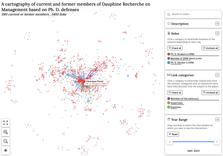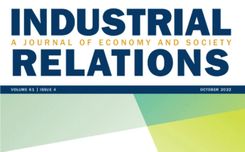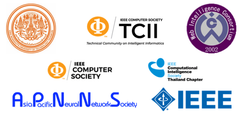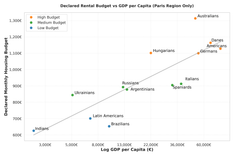2026-03-03 • 5:30 PM
Michela Boldrini (Bocconi University)
Taming Tech Giants Algorithms: An Analysis of Consumers' Choices on Amazon
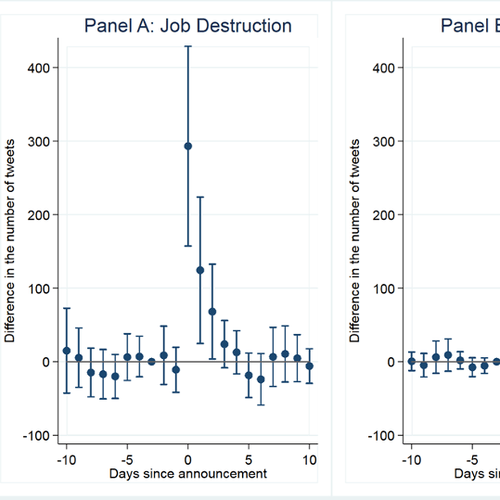
Taming Tech Giants Algorithms: An Analysis of Consumers' Choices on Amazon
TBA
Productivity and workplace sexual harassment- firm responses to legislation. With M Chatterjee, K Mahajan, D Walia, F Wang.
Moderating Content-Hosting Platforms
